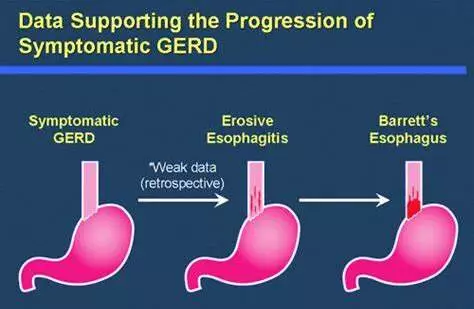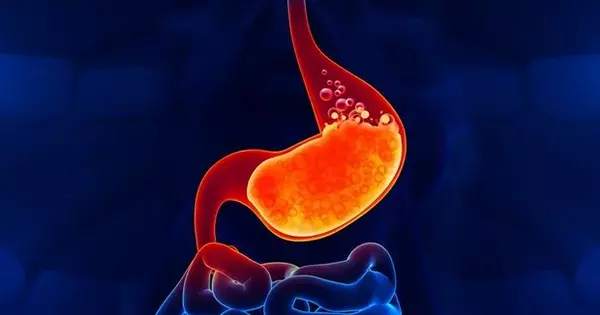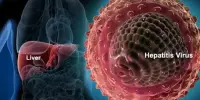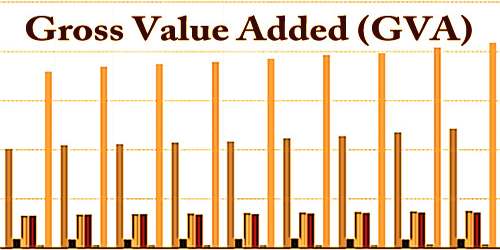Barrett’s esophagus is a change in the lining of the esophagus caused by prolonged stomach acid exposure. It could be a GERD complication. While not everyone who has GERD gets Barrett’s esophagus, those who do are more likely to develop esophageal adenocarcinoma, a kind of cancer.
Acid regurgitation and heartburn are symptoms of reflux disease, which is a known risk factor for oesophageal cancer. However, according to a new study published in The BMJ by Karolinska Institutet researchers, the majority of patients do not have an increased risk of cancer. A large-scale study from three Nordic nations found that the cancer risk is only increased in people who had abnormalities in the oesophageal mucosa shown by gastroscopy.
“This is a gratifying result because reflux disease is a very common condition and most patients are found to have a completely normal mucus membrane on gastroscopic examination,” says the study’s first author Dag Holmberg, a researcher at Karolinska Institutet and resident doctor of surgery at Karolinska University Hospital in Sweden.
Our study suggests that these repeated gastroscopies are probably unnecessary for people with reflux disease who have a normal oesophageal mucosa. These findings should be reassuring for this large patient group and can guide GPs who often treat them.
Dag Holmberg
Acidic stomach contents seep into the oesophagus in reflux disease. This can occasionally result in inflammation of the oesophageal mucus membrane (oesophagitis), which can be identified with a gastroscopy. Although it is well established that reflux illness raises the risk of oesophageal cancer, it is uncertain what the cancer risk is for people with normal mucosa.
The symptoms of reflux disease can come and go but generally persist, which means that many patients frequently seek medical attention and often undergo repeated gastroscopies to detect mucosal lesions or prodromal cancer.
“Our study suggests that these repeated gastroscopies are probably unnecessary for people with reflux disease who have a normal oesophageal mucosa,” says Dr Holmberg. “These findings should be reassuring for this large patient group and can guide GPs who often treat them.”

The current investigation used national health data registries in Sweden, Denmark, and Finland to cover almost 285,000 people with reflux disease but no gastroscopic evidence of oesophagitis. The individuals were followed for up to 31 years, and all incidences of oesophageal cancer were recorded.
The cancer risk was then compared to that of persons from the general population who were matched by age and gender and lived in the three countries at the same time. There was no increased incidence of oesophageal cancer in people with reflux disease and a normal mucus membrane.
In comparison, the researchers looked at the cancer risk in almost 200,000 people who had reflux illness or oesophagitis. These persons had a much higher relative chance of acquiring oesophageal cancer.
“We now intend to investigate what factors other than oesophagitis can be linked to tumor growth in people with reflux disease,” says the study’s final author, Jesper Lagergren, professor of surgery at Karolinska Institutet and consultant surgeon at Karolinska University Hospital.
















